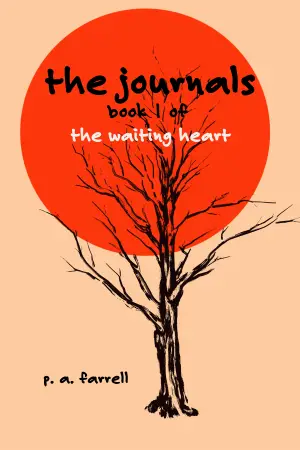A Heartfelt Exploration of Life and Love: My Thoughts on If Tomorrow Never Comes
When I first picked up If Tomorrow Never Comes by Allison Ashley, I was drawn in by the premise: a romance intertwined with the realities of a life-threatening illness. As someone who has always appreciated stories that delve deep into the human experience, I was eager to see how Allison, known for her talent in crafting relatable characters, would navigate such weighty themes. This novel, a follow-up to her engaging works like Would You Rather and The Roommate Pact, did not disappoint.
The story introduces us to Elliott Holland, a young woman facing the daunting prospect of a stem cell transplant to combat her recurring leukemia. Starting her journey on what could be her last night of freedom, she meets Jamie Sullivan in a local bar. Their connection is immediate and electric, yet poised on the precipice of tragedy. When they meet again a year later, Jamie is dating Carly, the very woman whose stem cells saved Elliott’s life. This twist not only sets the stage for a beautifully complex exploration of love, duty, and self-discovery but also prompts crucial questions about the sacrifices we make for both ourselves and others.
One of the standout elements of the book is Ashley’s unflinching honesty in portraying Elliott’s battle with illness. She navigates the emotional and physical toll with raw authenticity—Elliott’s casual remarks about her 30% mortality rate showcase a bravely stark acceptance of her reality. The clinical descriptions of hospital life juxtaposed with Elliott’s lively personality make her journey all the more poignant. I found myself drawn into her world, experiencing the anxiety and uncertainty that come after treatment, which resonated deeply with me.
Character development is another area where Ashley shines. Elliott is not just defined by her illness; she is a multi-faceted character—ambitious, funny, and relatable. Jamie starts as a charming arborist but reveals deeper insecurities as he confronts fears about familial legacies—his evolution adds a rich layer to the narrative. Supporting characters like Yuka, Elliott’s fiercely loyal friend, and Blythe, who serves profound wisdom wrapped in humor, feel like authentic friends rather than mere plot devices.
The romance itself is crafted with subtlety and care. The chemistry between Elliott and Jamie simmers with a slow burn, lending the relationship an organic feel. I particularly loved the little moments of connection, like their playful debate about cheesecake classification—these exchanges reveal how true intimacy often flourishes in the simplest interactions.
However, the novel isn’t without its bumps. I found the pacing in the middle section to occasionally lag, and some plot devices felt overly convenient. Yet, these shortcomings were minor compared to the richness of the emotional landscape Ashley creates.
In If Tomorrow Never Comes, Ashley defies the trope of miraculous recoveries through love; instead, she shows how connection can uniquely strengthen us during our most difficult moments. I was particularly struck by a line where Jamie implores Elliott, “Never stop looking at me like that,” encapsulating the quiet intimacy that defines their relationship.
For readers seeking a blend of emotional depth and romantic tension, this book is a gem. It offers a thoughtful exploration of illness, love, and what it means to embrace life, even amidst uncertainty. As someone who values stories rich in emotional truth, I found If Tomorrow Never Comes not just a novel, but an experience worth sharing.
In conclusion, Allison Ashley’s latest work is a stunning reflection on the fragility of life and the beauty of love that persists against the odds. Fans of contemporary romance and those who appreciate character-driven narratives will be enriched by this heartfelt tale. I left the pages with my heart full, pondering how life’s complexities often bring us closer to those we hold dear.







